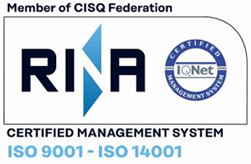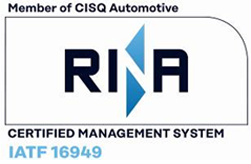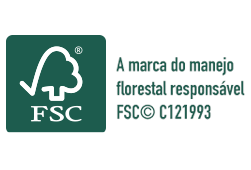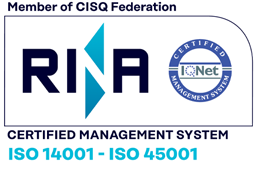
Home | Acting | Ferro Alloys
FERRO ALLOYS
RIMA is a world leader in the production of silicon-based alloys used in both foundry and steel industries.
The raw materials used are of the highest purity, ensuring products with strict quality control.
These are environmentally friendly products as one of the primary raw materials, charcoal, is produced at RIMA’s own forestry units whose reforestation is carried out continuously.
Calcium Silicon Alloys (CaSi)
Calcium Silicon Alloys are known to have many uses in the production of clean, high quality steel. The main applications are the substitution of Alumina inclusions with Calcium Aluminates which improve fluidity and prevent the clogging at the tundish valve in continuous casting operations.
They also improve mechanical properties of steel such as machinability, drawability, forgeability, casting, welding and surface quality.
Calcium Silicon Alloys are also used for deoxidation, desulfurization and recovery of Chromium and Vanadium in stainless steel.
Magnesium Ferro Silicon (MgFeSi)
Rima’s Magnesium Ferro Silicon is produced with Rima’s own pure magnesium and it is one of the best nodularizers in the market due to its low levels of magnesium oxide and high nodularization yield in both “Sandwich” and “In Mold” processes.
Ferro Silicon 75% and HP Ferro Silicon (High Purity)
75% Ferro Silicon is offered in Standard and High Purity grades (low contents of Al, Ti, C and Ca). It has the best performance in the applications for which it is indicated. Very strict chemical and granulometric controls for the raw materials used coupled with electrofusion guarantees chemical homogeneity to the final product.
Standard 75% Ferro Silicon is used essentially as a deoxidizer and alloying element in the manufacture of steel.
High Purity Ferro Silicon is used in the manufacture of special steels, including stainless steel and grain-oriented electrical steels.
Inoculants
Cored Wire
The Cored Wire alloy injection process is used in metallurgical applications, where strict control of chemical elements in steels is essential. The addition of alloys in this form has proven to be more efficient due to more effective process control, resulting in increased yield of the injected alloy and improved steel properties.
Some advantages of Cored Wire are:
– Simple application;
– flexibility in use;
– integration into the process;
– versatility in application and use;
– low stock of material;
– low labor cost;
– low production cost with better yield;
– high tech;
– high control of the final product.
RIMA developed the wire injection machine to improve the system for adding cored wires to steel, making the process efficient, precise, agile and economical. The equipment is a compact, flexible machine, with a high level of safety, equipped with hardware/software that allows the exact addition of material, guaranteeing reliability to the production process. It allows the injection of two or four wires alternately or simultaneously.
Green Silicon-based Products
RIMA’s Silicon Metal and Ferroalloys manufacturing process uses charcoal and wood chips (renewable sources) as inputs, while other technologies around the world use mineral coal (fossil source). As a strategic premise of the company, RIMA produces charcoal and wood chips from its own reforestation areas, ensuring fixation (capture) of CO2 and regeneration (release) of O2 to the atmosphere. The electric energy used is also from renewable sources, which is typical from the Brazilian energy matrix.
Based on studies conducted by specialists RIMA carried out the analysis of CO2 emissions of its Silicon Metal and Ferroalloys production at the Capitão Enéias and Várzea da Palma plants based on the “cradle-to-gate” methodology. In sum, Rima’s production process has negative CO2 emissions. In other words, RIMA’s process removes (captures) CO2 from the atmosphere at the rate of 1,466 kg of CO2/t of silicon produced, and additionally generates (releases) O2 to the atmosphere at the rate of 2,980 kg of O2/t of silicon produced.
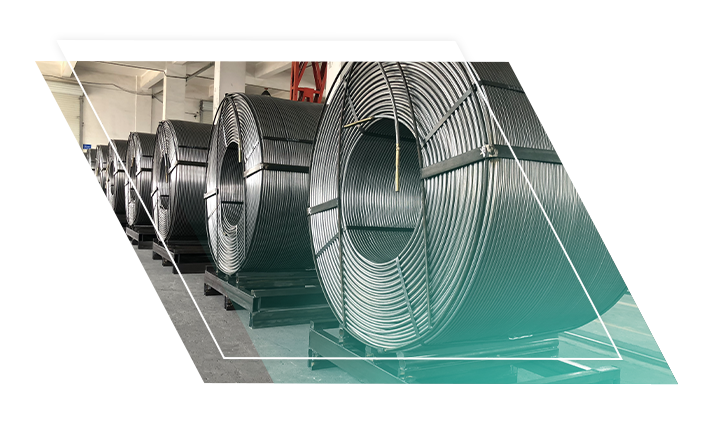
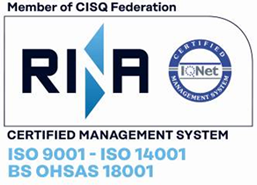
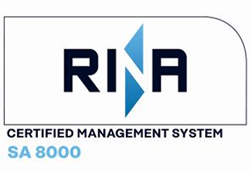
Public Abstract Rima Industrial S.A.
PUBLIC ABSTRACT OF THE FOREST MANAGEMENT PLAN – BURITIZEIRO – MG
RIMA certifications
CREDIBILITY AND MARKET RECOGNITION
RIMA has the main certifications in the market, solidifying its credibility and recognition for a quality work and for the constant aim to do better and more sustainable work.


